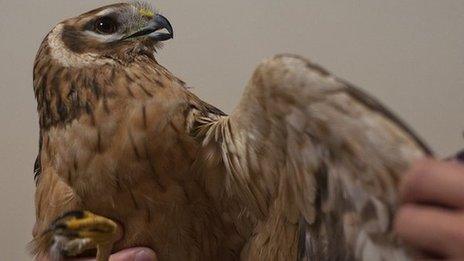Malta bird hunters celebrate referendum victory
- Published
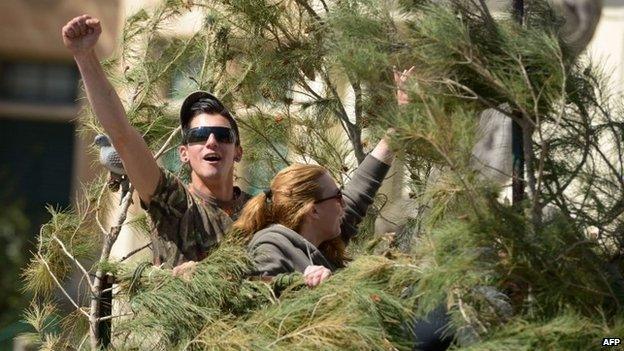
Maltese hunters say that their activities are part of a deeply ingrained national tradition
The head of a hunting association in Malta says he is "ecstatic" that a ban on spring hunting has been rejected.
Unofficial figures from a referendum show that the "Yes" campaign to retain hunting in the spring had won by about 4,000 votes.
Joe Perici Calascione of the Federation for Hunting and Conservation (FKNK) described spring hunting as "an integral part" of the hunting tradition in Malta.
Birdlife Malta said conservation efforts in Malta would now be an "uphill struggle".
Times of Malta political analyst Herman Grech said that the result is a surprise because surveys were consistently showing a 7% lead for the "No" camp.
But he said many voters appear to have abided by the wishes of Prime Minister Joseph Muscat, who came out in favour of hunting, as did the leader of the opposition.
Mr Muscat said that the initial results from the referendum suggested the "Yes" camp - to keep spring hunting - had won by just over 50% of the votes.
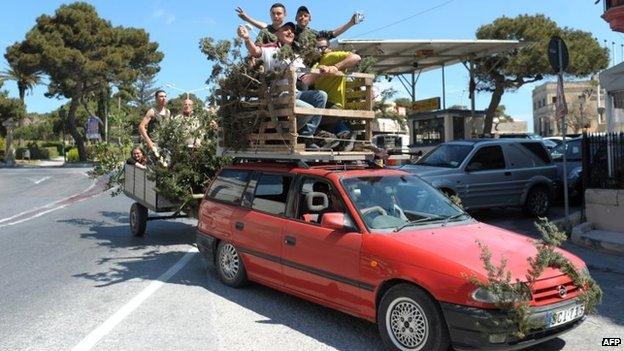
Joyous supporters of hunting took to the streets in celebration in the aftermath of the vote

Advocates of a ban say the spring hunt is so damaging because birds are killed at the end of their migration from Africa to Europe, just as they are preparing to breed
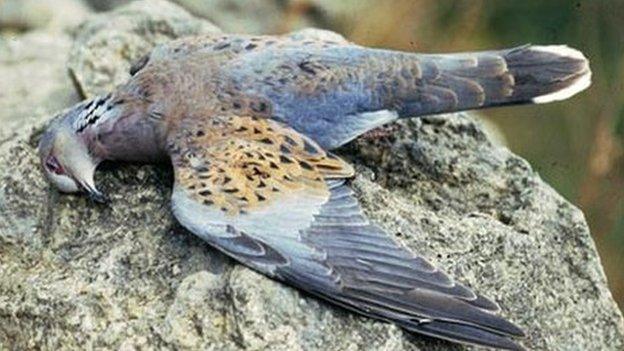
Maltese hunters can shoot turtle doves legally
He was quoted by the Times of Malta, external as saying that referendum had given a final chance to hunters when the season begins on Tuesday and that any abuses by them would not be tolerated.
Malta is the only EU country that allows recreational spring hunting. It has two derogations - or exceptions - in place from the European Union's Birds Directive, external which regulates the hunting of birds across the EU.
These particular exceptions allow the Maltese to hunt turtle doves and quail in the spring, but only under strict regulations.
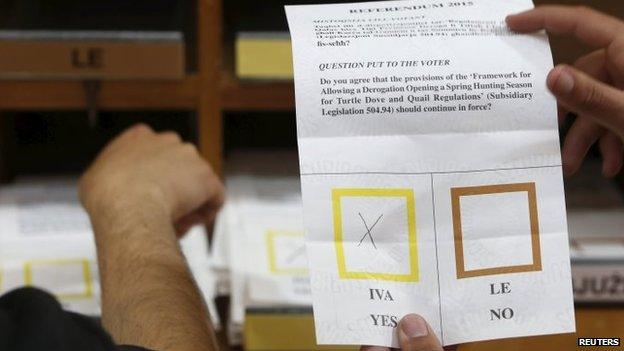
The vote to keep hunting was won by the narrowest of margins
Conservationists argue that some hunters shoot other protected species and that the two species legally targeted are migrating to breed as they pass over Malta into Europe.
Some 45,000 Maltese signed a petition last year to hold a vote on whether to ban the spring hunting season, which runs from the middle to the end of April.
Mr Calascione said that the right of hunters to shoot turtle doves and quail was "their life".

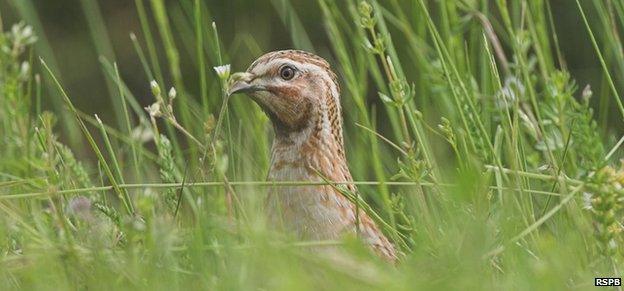
Hunters in Malta are allowed to shoot quail in the spring season
Bird hunting in Malta
Spring hunting limit set at 11,000 turtle doves and 5,000 quail - a quota worked out on number of hunting kills made in the autumn season
Spring hunters are not allowed to kill more than two birds a day and are limited to four birds per hunter in the whole season
There are 10,000 licensed hunters who must apply for a special spring hunting licence
Hunters are legally required to declare every time they go hunting or when they make a kill
Hunting fines are a €5,000 fine for a first offence, a year in prison and licence revoked. Secondary offences are a €10,000 fine and two years in jail

"We're the most regulated country in Europe with regards to hunting," he said.
"The hunting we do is sustainable. There is a limit on the hunting bag, and the time we can hunt."
Birdlife Malta's Romina Tolu said that the closeness of the vote showed that the campaign to stop spring hunting "had managed to get the support of the people".
"It was run by a group of 14 NGOs. We had no political support," she said.
A ruling by the European Court of Justice in 2009 found that Malta had been in breach of EU law by allowing spring hunting because it had failed to fulfil its obligations under the Birds Directive.
But since then, successive Maltese governments have continued to pass legislation that allows the EU exceptions to apply, so that spring hunting can continue.
- Published12 April 2015
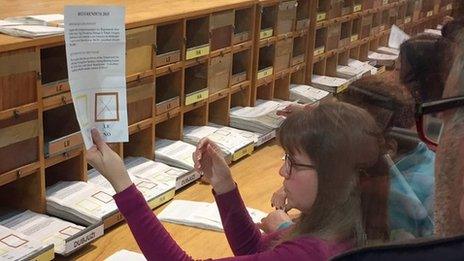
- Published22 April 2014
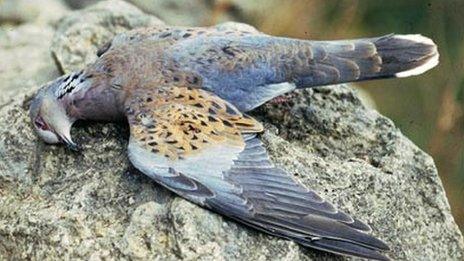
- Published29 September 2014
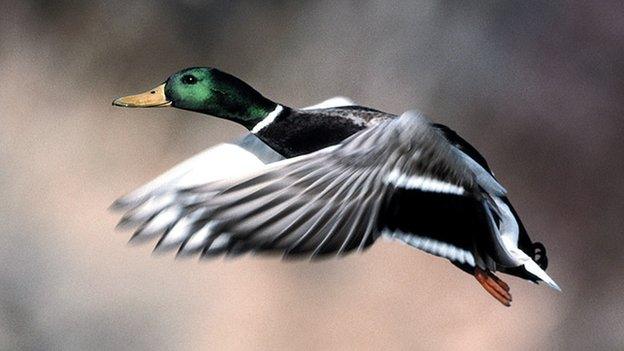
- Published22 April 2014
